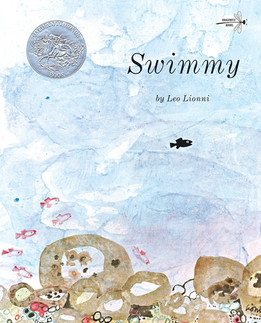- the tot tails twins

- Oct 22, 2018
- 3 min read
Updated: Jun 13, 2024
Together Everyone Achieves More

Being a team player is an important social skill to learn and master. We are constantly interacting with other people in our daily lives, that it’s almost impossible to go through a single day without interacting or coordinating with others to accomplish a common goal. When thinking of being a team player, we automatically think of sports. While many sports require a team to accomplish a common goal, being a team player can also be a crucial social skill for our children when they become adults. Working with others requires utilizing many social skills such as listening, practicing patience, and contributing by voicing their thoughts and opinions.
be a good listener
The social skill of active listening can be challenging to master at times. It’s vital to teach children how important it is to be an active listener so that he/she can be a great teammate. Listening well also shows others that he/she respects what the other person is saying enough to listen carefully. This skill will be greatly appreciated by others when they reach adulthood and are expected to work within a team atmosphere.
Active listening consists of: • Focusing on the person speaking • Paying attention to verbal and nonverbal communication • Asking for clarifications when needed • Repeating what was said to ensure you understood
patience
Practicing patience is crucial to being a great team player. An article by iMom suggests starting with small tasks of practicing patience with children, even at a young age. It could be as small as asking them to wait 1-2 minutes before refilling their snack bowl or helping them with something. These little acts of patience can add up in the long run and as they grow older you’ll be able to push to longer periods of time that they need to wait.
Another way to begin teaching patience to children is to have the child gain self-control over their emotions before fulfilling their request. This will teach them that they don’t get what they want when acting out. Once they are calm and collected, then their request will be filled. Having patience will greatly contribute to being a great team player in childhood and beyond.
encourage others
Teaching children to encourage others is a great aspect of being a true team player. Children can also learn this if parents, siblings and/or guardians are setting the example by encouraging others. It’s important for children to look beyond themselves and notice the needs of others. In an article by Macaroni Kid, it was suggested to “encourage your kids to cheer for their fellow teammates at sports events, praise their classmates’ academic accomplishments, and ask their friends about important life events.”
provide opportunities
This is one great way for children to learn from experience how to be a team player. There are so many ways children can be provided with opportunities to shine and practice being a team player such as playing sports, getting involved in school group activities, and being given chores to help around the home. There are many different ways for a child to be a team player if we at least help to provide those opportunities for them.
books that encourage being a team player
Teach your children the value of working together and being a team player with these engaging stories. Through characters who learn to cooperate, share, and support one another, these books demonstrate the power of teamwork and its role in achieving success.
coloring fun
Please enjoy this free Tot Tails coloring page to help share this message with your child.
share with us
We would love to hear your experiences and advice on ways we can inspire little ones to be strong team players, building important social skills and understanding the strength that comes from working together. Are there any books or resources you feel can help? Thanks so much for reading and feel free to comment.













Comments